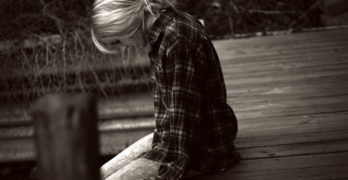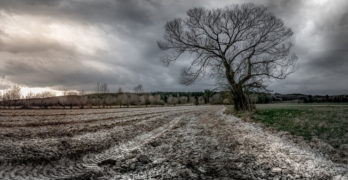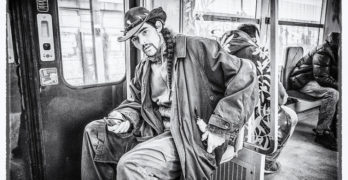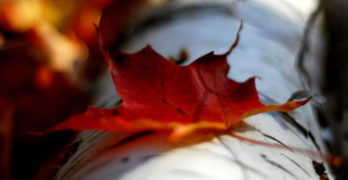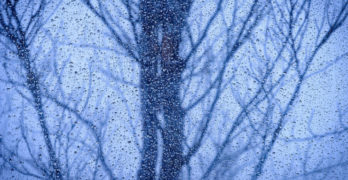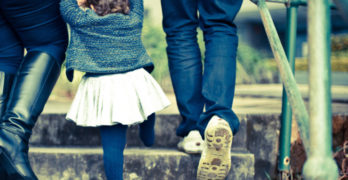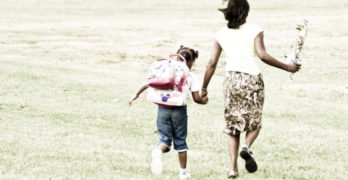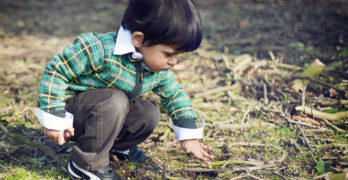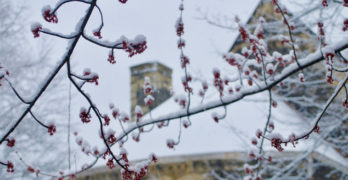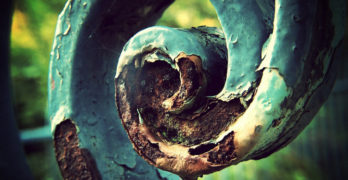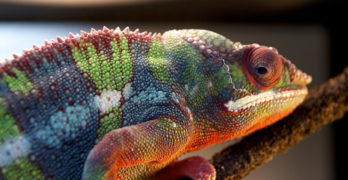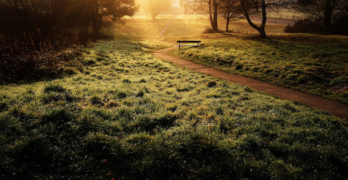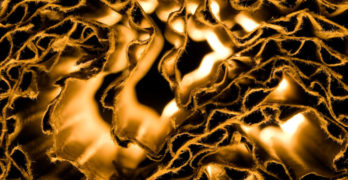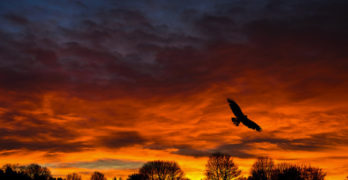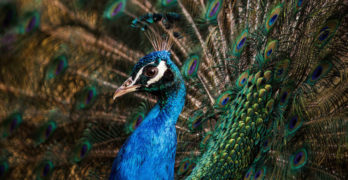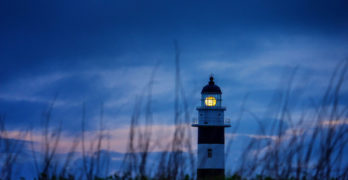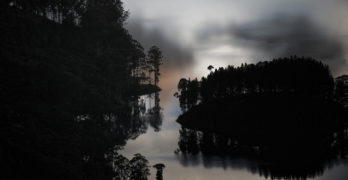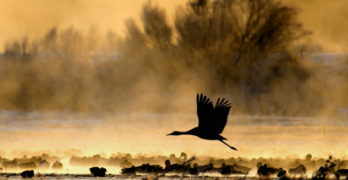“In These Days of Prohibition” by poet Caroline Bird forces us to see the meaning of ourselves and the life around us in different and unexpected ways.
Poets and Poems: Simon Armitage Translates “Pearl”
British poet Simon Armitage has translated the late Middle English poem “Pearl,” a beautiful poem about a father’s grief and how he resolves it.
Poets and Poems: Tara Skurtu and “The Amoeba Game”
In “The Amoeba Game,” poet Tara Skurtu explores her American and Romanian roots and writes about life, childhood, self-discovery, and identity.
Poets and Poems: Luke Kennard and “Cain”
In “Cain: Poems,” British poet Luke Kennard has brought the biblical character of Cain into contemporary life, with funny and poignant results.
Poets and Poems: Michelle Menting and “Leaves Surface Like Skin”
The poems of ‘Leaves Surface Like Skin” by Michelle Menting use the images and metaphors of nature to explore and explain the human condition.
The Lenore Marshall Prize: “Brooklyn Antediluvian” by Patrick Rosal
The Academy of American Poets has awarded the Lenore Marshall Prize to “Brooklyn Antediluvian,” an arresting and innovative collection by Patrick Rosal.
Top 10 Alphabet Books for National Literacy Month!
Great tips for teaching reading—from librarians, teachers, and literacy specialists—plus professional picks of 10 terrific alphabet books.
Top 10 Books that Inspired Me (and You)
If you could only choose ten books that inspired you, what would they be? Megan Willome shares her personal Top 10.
The First Poetry for Children: “Divine Emblems” by John Bunyan
In 1686, the English Puritan minister and writer John Bunyan published what we know today as “Divine Emblems,” the first book of poetry for children.
The Strangeness of “A Tale of Two Cities” by Charles Dickens
“A Tale of Two Cities” by Charles Dickens, one of the most quoted works of English literature, continues to speak to the human condition.
The Poetry of the Visiting Card: Miss Jennie Todt meets Catherina Gerhard
A visiting card in an 1899 edition of “Longfellow’s Complete Poems” leads to stories of German immigrants, St. Louis history, and even beer.
Of Color, Beauty, the Alphabet, and Fun: “A is for Azure”
“A is for Azure,” written by L.L. Barkat and illustrated by Donna Falcone, is a book about color, the alphabet, and literacy. It’s also full of childlike wonder.
“Housman Country: Into the Heart of England”
Peter Parker, in “Housman Country: Into the Heart of England,” explains why “A Shropshire Lad” became one of the most popular poetry books of the 20th century.
Honoring Gwendolyn Brooks: The Golden Shovel Anthology
“The Golden Shovel Anthology” has been published by the University of Arkansas Press to honor poet Gwendolyn Brooks, with a new poetic form.
Poets and Poems: Jeremiah Webster and “After So Many Fires”
“After So Many Fires” by poet Jeremiah Webster brings us into a different landscape different from many contemporary collections – a landscape of hope.
A Legend in Iran: The Poems of Shamseddin Hafez
Shamseddin Hafez, a contemporary of Chaucer, is still considered the greatest poet of Iran, and even taxi drivers sing his ghazals.
Our Best-Known Patriotic Poem: Longfellow Visits a Church
Henry Wadsworth Longfellow climbed the stairs of the Old North Church tower in Boston in April, 1860; the result was America’s best-known patriotic poem.
Tales of the First Age: “Beren and Luthien” by J.R.R. Tolkien
“Beren and Luthien” by J.R.R. Tolkien is the latest story edited by his son and literary executor Christopher Tolkien, and one of the earliest he wrote.
“The Whole Harmonium: The Life of Wallace Stevens” by Paul Mariani
In “The Whole Harmonium,” biographer and poet Paul Mariani tells the story of Wallace Stevens, poet, philosopher, insurance executive, and family man.
Poets and Poems: Mischa Willett and “Phases”
Filled with flashes of deep insight, “Phases” by poet Mischa Willett covers subjects as diverse as classical antiquity and old girlfriends.
